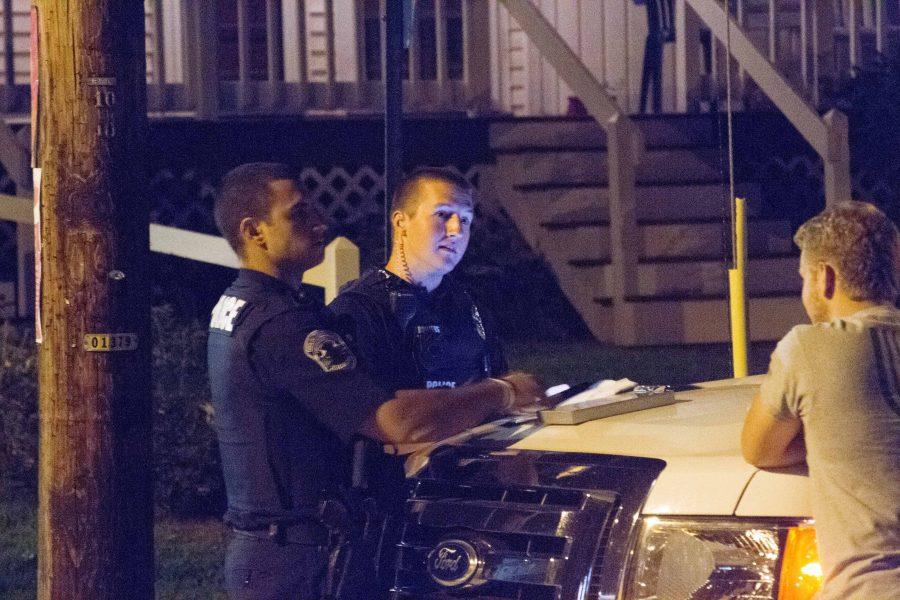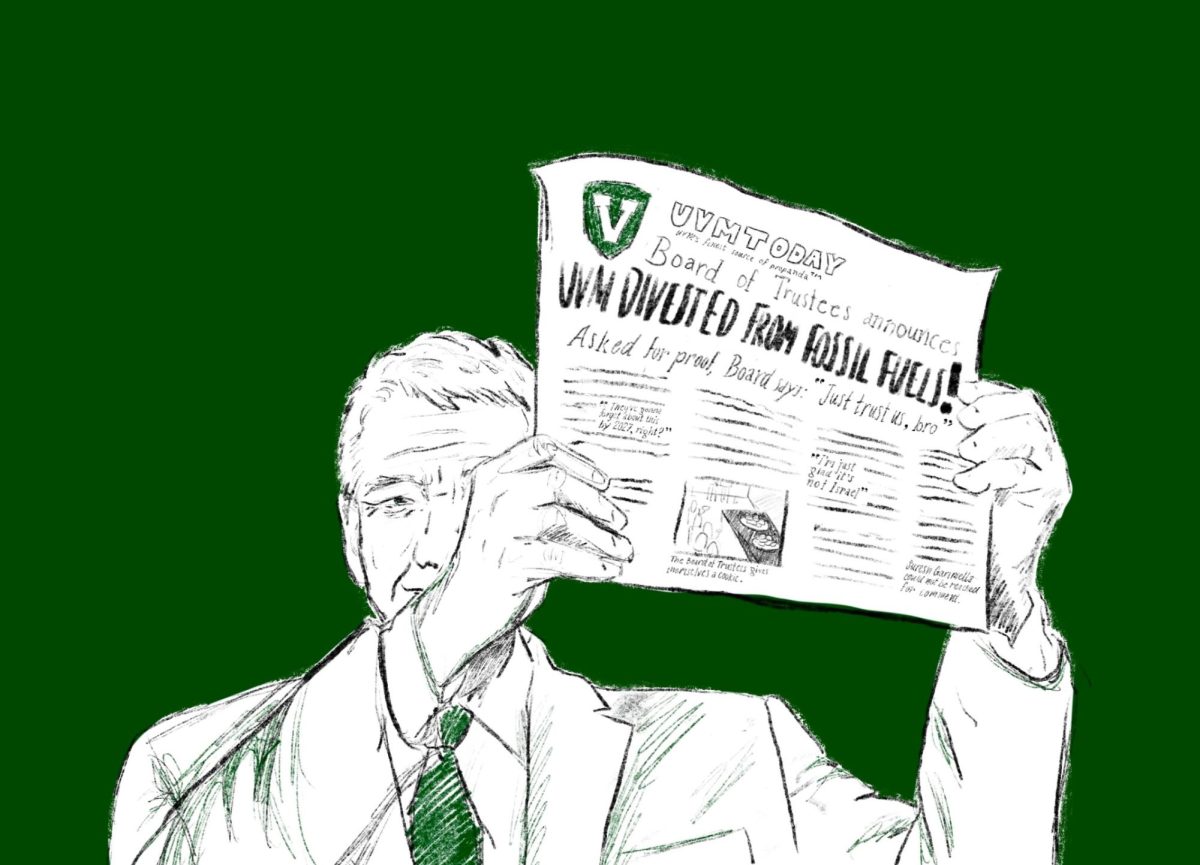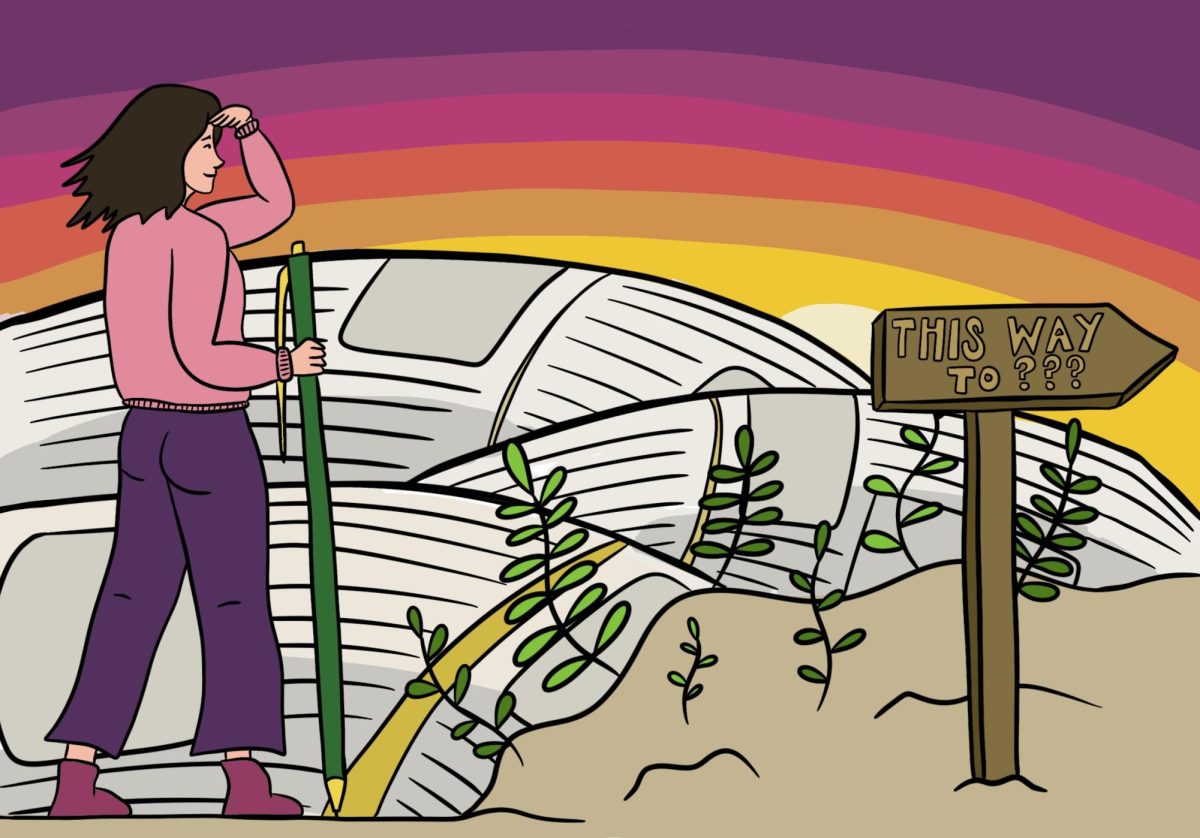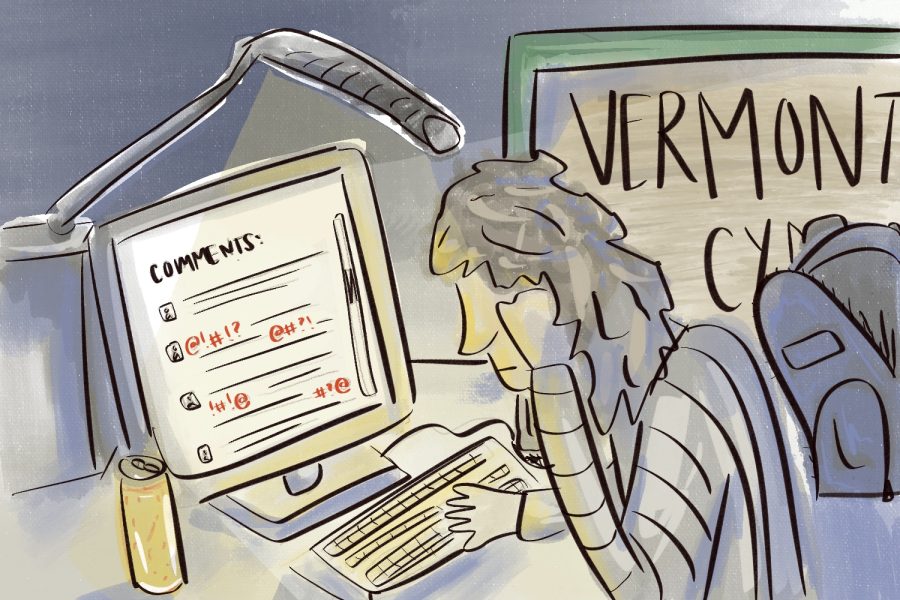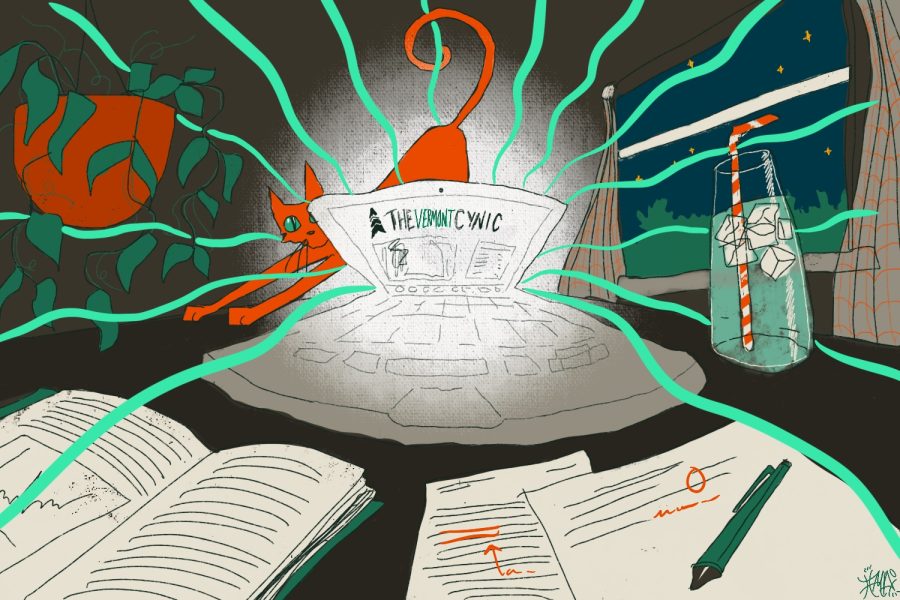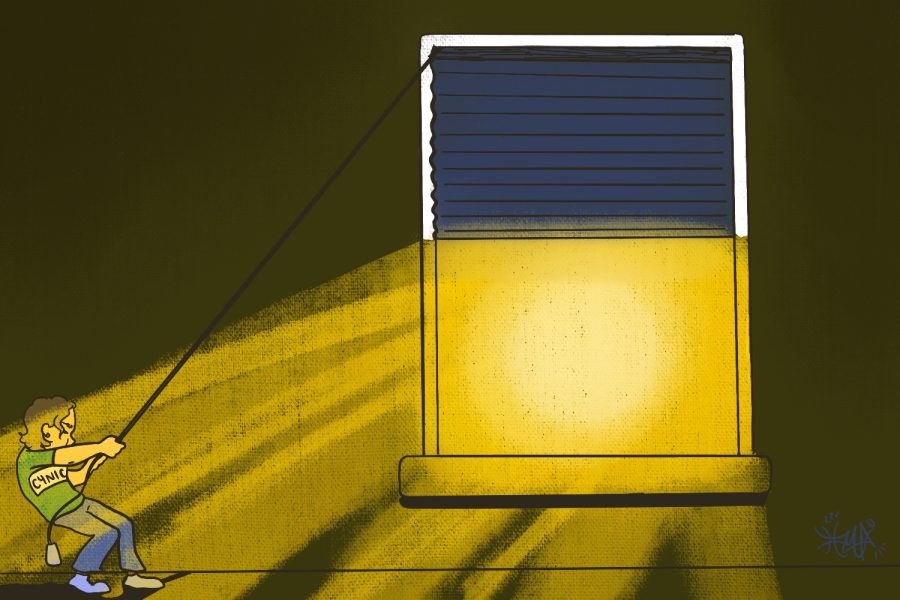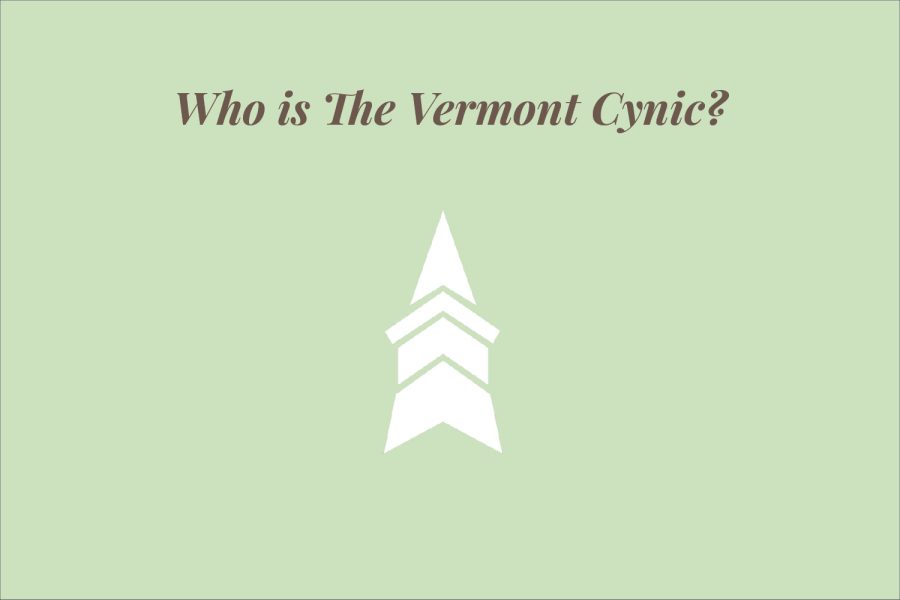Like the changing leaves, college kids coming back to town in fall, getting drunk, having parties and annoying their neighbors is as predictable as a pattern of nature. And like nature, it’s constant.
This week, the Cynic published a story highlighting the $100,000 per year UVM allocates from the tuition-supported general fund to support Burlington police patrols in student-heavy areas.
In many ways spending this money is politically motivated: it makes the Burlington residents happy — many of whom feel UVM doesn’t do enough to keep their neighborhoods clean and quiet at night — and the city of Burlington very happy, due to all the extra money they get when police fine our students for breaking the law.
This money doesn’t do much to keep our students safe. Sure, a police visit will disperse a party in a house that’s probably breaking the fire code, and many of the people inside are underage and binge drinking. But what then? All of those people are now outside, drunk and perhaps in an unfamiliar place without a friend.
UVM’s attitude towards campus safety is otherwise positive — the Medical Amnesty Program, the protocol that dictates a student not face serious repercussions if they are dangerously intoxicated and they or their friend seeks help for them, is a fantastic example of a safety-first approach and can even be lifesaving.
The same attitude that underpins the MAP program is applied to SGA’s new safe ride program, spearheaded by SGA Vice President Tyler Davis.
The attitude is clear-headed: no practical amount of policing can effectively curb drinking and drug use — treating this as a fact of life and not simply a crime to be punished is both realistic and miles safer.
UVM should go even further than SGA’s program. With the $100,000 UVM spends on hiring extra Burlington police officers, they could hire teams of late-night student escort walkers.
UVM police services offers an escort service, but it’s only on campus and it’s rarely, if ever, used by students who have been drinking and feel unsafe (though there are many). Such a non-judgemental, reliable escort service would not only put money back into the pockets of well-meaning students and get those who feel unsafe to safety, it would provide a deeper sense of community.


